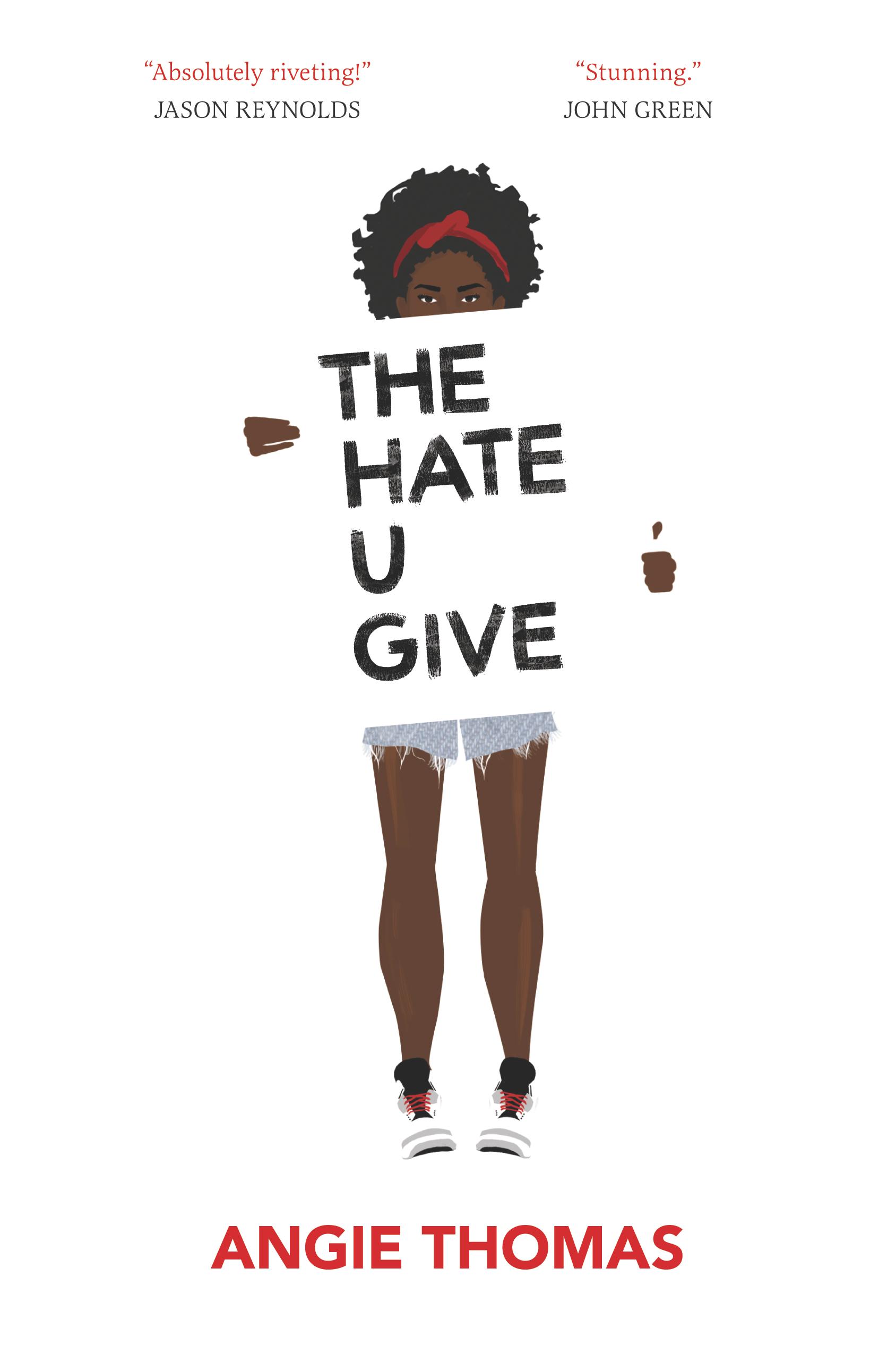By Deborah Dimmett, The University of Arizona
My visit to Haiti this summer has made me reflective about the direction of my own country. For the past month, I worked on three projects that focus on critical problems that have deep roots tied to poverty, opportunism, and politics. However, there are striking parallels to the direction in which the United States is heading with respect to caring for the most needy and vulnerable, honoring civil liberties and human rights, as well as supporting education for all because democracy in any form cannot exist without a well-informed and educated populace. In Haiti, extreme poverty, weak institutions, and natural disasters hold in place the unfortunate status quo for most Haitians. The United States, on the other hand, is among the most privileged countries in the world. Yet, our government and institutions are fervently deciding to pull support from education and social programs while civil liberties continue to be tested by the Trump Administration. This month, I write on four themes that connect realities in United States with those in Haiti. For each theme, I will feature a young adult novel that delves further into that theme. This week, I use The Hate U Give by Angie Thomas to explore racism and police brutality.

Over the past years there has been an uptick in police shootings of African Americans who are denied their civil rights as a result of an extrajudicial decision largely based on race. This reality also exists in Haiti in the form of arbitrary arrests and detentions in facilities where too many have perished from starvation, disease, and unsanitary conditions as they await delayed pretrial hearings. Some will wait years as their families have no means to pay for their case to be heard more expeditiously by a judge. In the United States, the opportunity for a pretrial hearing never happens. The Hate U Give, Thomas’s debut, is a YA story that explores racism and police brutality often resulting in the death of young black men. The story unfolds when 16-year-old Starr flees from a party when gunshots are fired. Her friend, Khalil, helps her escape and, upon doing so, is stopped by a police officer who is quick on the trigger and determines Khalil’s untimely fate. Starr, the sole witness to the event, must negotiate two worlds as she testifies before a grand jury—one is the predominantly white school where she is only one of several African Americans and the other is her community where she and Khalil grew up together. Starr finds herself hiding, if not defending, one side from the other. She must negotiate her best friend at school who doesn’t understand her life nor her community while negotiating her father who would bristle if he knew her boyfriend is white.
The story illustrates a perplexing reality that racialized violence occurs with a greater frequency among young African-American males than for any other population. And, as the story goes, it becomes the victim who is on trial rather than the police or “vigilantes” who are alive to argue their case. For Khalil, the new narrative depicts him as a drug dealer who acts in a threatening manner towards a cop. The novel raises critical questions about the distortion or misrepresentation of facts when police must defend their deadly actions.
The title of the book is derived from rapper Tupac Shakur’s philosophy of THUG LIFE, which stands for “The Hate U Give Little Infants Fucks Everybody.” Just minutes before the police pull him over, Khalil tells Starr, “What society gives us as youth, it bites them in the ass when we wild out.” The novel calls for us to look at the systemic racism that continues to promote negative images of young Black males. This position will seemingly never change–particularly if our society continues to undermine its responsibility for all humankind within its reach.
In just two weeks, one of my new Haitian friends will travel to the United States for the first time. Certainly, this is a great opportunity for him; however, it comes with a cautionary question–what to do if approached by a police officer? I found myself nearly saying that the police are to be feared. I was left nervous with a sick feeling that I will experience throughout his trip.
Journey through Worlds of Words during our open reading hours: Monday through Friday 9 a.m. to 5 p.m., Saturday 9 a.m. to 1 p.m. Check out our two online journals,WOW Review and WOW Stories, and keep up with WOW’s news and events.
- Themes: Angie Thomas, Deborah Dimmett, Hate U Give
- Descriptors: Books & Resources, WOW Currents
